30% Ruling
The 30 percent ruling in The Netherlands

Conditions of the 30% ruling for highly skilled migrants in The Netherlands
Expats who have been recruited from abroad for a position in the Netherlands may be eligible for the 30 percent ruling
In order to qualify for the 30 percent tax ruling the following conditions have to be met:
The applicant has to work as an employee
In order to be eligible for the 30 percent ruling you have to be in an employee. For those who work as self-employed, it is not possible to claim the 30% ruling. However, if you set up a legal entity, a Dutch B.V. for instance, and become an employee of that company, you are considered to be in an employment situation and consequently be eligible for the 30% ruling.
The employer and employee have to agree in writing that the 30% ruling is applicable.
The application for the 30 percent ruling has to be done by both employer and employee. If the 30% ruling is fully applicable, the gross salary of the employee will be reduced by 30%. This may have implications for your potential unemployment or disability benefits since these benefits are based on your taxable salary. Therefore the tax authorities require that both employer and employee are aware of these consequences. This agreement in writing can be done by means of a clause in your employment contract or as an addendum to the employment contract.
The employee has to transfer or be recruited from abroad to a Dutch employer
It is only possible to claim the 30 percent ruling if you are transferred or recruited from abroad. You have to prove that you were residing outside the Netherlands before you began your present employment in the Netherlands. Furthermore, the employee must not have lived within 150 km of the Dutch border for 16 or more months out of the last 24 months prior to the start of their employment in the Netherlands.
The applicant has to have specific experience or expertise that is not or is rarely available in the Netherlands
The employee has to have specific skills that are scarce in the Dutch labour market. These skills are determined by several facets such as salary, age, employment history, education and level of employment. None of these are conclusive but the combination of all aspects determines your specific skills. At present, the specific skills are assumed to be present if the minimum salary requirement is met (see below).
The gross annual salary has to surpass a minimum (adjusted annually) In 2017, the annual taxable salary for an employee cannot be less than €37,000 (in 2016 it was €36,889).
However, a minimum salary of € 28,125 is applicable for those who have completed a Master’s degree and are younger than 30 years old (in 2016 it was € 28,041). This means that by taking into account the 30% tax ruling, your salary cannot become less than these amounts.
Furthermore, for scientific researchers, employees working in scientific education or doctors in training, no minimum salary is required. Please note that there are restrictions regarding the companies or institutions for which this group of employees can work.
Financial consequences and benefits of the 30% ruling
What does the 30% ruling actually mean in financial terms? From a tax perspective, the salary agreed upon between the employee and employer will be reduced by 30%. In return, the employee should receive a 30% allowance as reimbursement for expenses. This is the most common way it is applied as it does not influence the salary burden for the employer. However, the employer is not obliged to pass on the advantage of the ruling to the employee. In practice the employer can partially or fully take the benefit.
Practical examples of the 30 percent ruling:
•An employee who is 35 years old receives a salary of €100,000. This employee does meet the minimum salary to receive the full 30% ruling. After taking into account the 30% ruling his taxable salary will be € 70,000. In addition, he receives a tax free allowance of € 30.000.
•An employee who is 35 years old receives a salary of € 50,000. If the 30% ruling would be taken into account in full, his taxable salary would be € 35,000. This is lower than the mandatory salary and therefore not allowed. In this case, he would only benefit from the 30% ruling partially, for a maximum amount of (€ 50,000 -/- € 36,889) € 13,111.
What is considered salary?
The gross salary is typically considered salary, but what about the bonus, holiday allowance, company car, redundancy payment or other benefits?
Basically, the ‘regular employment income’ is the basis for calculating the 30% tax free reimbursement. There are special regulations regarding pension premiums, but the bonus, holiday allowance, benefit package and company car fall under the ruling. Severance payments do not fall under the 30% ruling definition of ‘regular employment income’ and therefore do not qualify for the 30% tax free option. If an employee is made redundant, it is important that they have a breakdown of the redundancy package so it can be determined which part is payment of the bonus and outstanding holiday allowance and which part is the actual severance payment.
Other benefits of the 30 percent tax ruling
In addition to the fact that 30% of your salary will be paid tax free, there are also other benefits:
•The 30% ruling and Box 3 of your tax return Under the 30% ruling you can opt for the ‘partial non-residency status’. You are then considered to be a non-resident tax payer in Box 2 and Box 3, even though you are living in the Netherlands. For Box 1 income you are considered a resident tax payer, therefore you do not pay income tax on assets in Boxes 2 and 3 (except for real estate located in the Netherlands and substantial shareholding in a Dutch resident BV) and you are entitled to the partnership ruling in Box 1.
•Driving License
• If you have a foreign driving license, in most cases you will have to retake the driving test in order to obtain a Dutch licence. However, if you benefit from the 30% ruling, you can switch your foreign driving license without retaking the test.
Additional points to keep in mind
•Retrospective Period The 30% ruling becomes effective retroactively if the application is submitted within 4 months after starting your employment. If the application is submitted after 4 months, it will become effective as of the first day of the month following the application month.
•Duration The maximum duration of the ruling is eight years and will be reduced by previous periods you have stayed in the Netherlands.
•Changing Jobs If you change jobs you can apply for a continuation of the ruling, provided that you still meet the conditions regarding specific skills and you start the new employment within three months of terminating the previous one.
Updated legislation
As of January 2012, the regulations for the 30% ruling have been updated. For those who were already in the possession of the ruling prior to that date, there is now a distinction between those who have had the ruling before 31 December 2006 and those who received the ruling after 31 December 31 2006. Since these new rules may affect your 30% ruling, we suggest you seek contact with a tax advisor specialized in the 30% ruling to make sure you know what the implications for you may be.
Retrospectively applying for the 30 percent tax ruling
Have you recently discovered that you met all the conditions for applying when you arrived in the Netherlands but haven’t yet applied? In practice, we encounter quite a few situations where the request for the application of the ruling was not filed, or the company informed the employee that they weren’t willing to apply for the ruling, but the employee would have been eligible. The good news is that it may still be possible to apply.
Although you missed the first couple of years of the benefit, it is still worth trying to obtain the ruling. Tax authorities will reduce the total duration of the ruling by the period you have already resided in the Netherlands. Tax & Service Solutions would be happy to help you applying. Just contact us and learn what we can do for you
Free Estimation
Request A Quote
We can help! Our clients love us because we’re friendly, enthusiastic, accommodating, and we listen to your needs. We’ll work with you to help you find the solutions you’ve been looking for! Feel free to Request a Quote at anytime.
